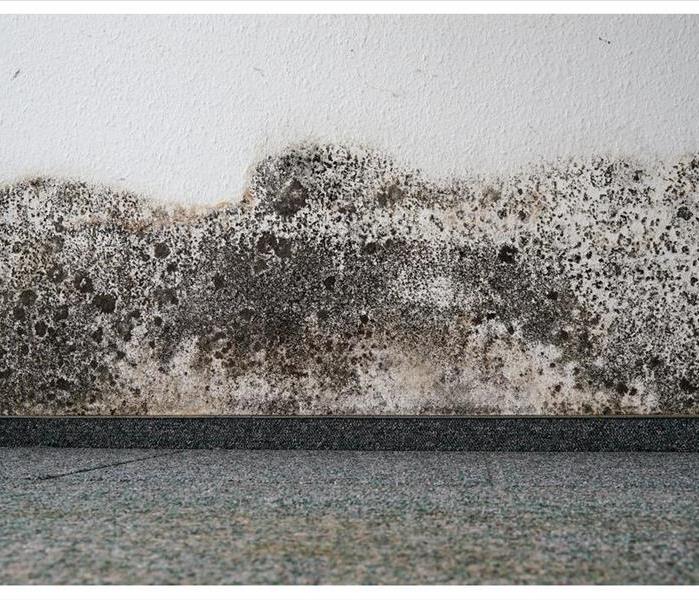Mold Damage Could Lead to a Lawsuit: Here’s What You Need To Know
5/13/2020 (Permalink)
As a commercial landlord, you are likely aware of the very real issues mold can cause, which can range from damage to personal property to structural damage. However, you may be unaware that if the damage becomes extensive, the tenant has the right to sue you — and he or she might win. As a landlord, it’s important that you understand your responsibilities and what you can do to prevent mold insurance claims.
Liability for Mold Damage in Commercial Properties
Unfortunately, the laws regarding mold and commercial properties are unclear. Whereas residential landlords have the duty to maintain “habitable premises,” few states have similar laws in place for commercial properties. Those states that do simply state that buildings must be “fit for intended use.” Though these laws — or lack of them — seem to favor commercial building owners, there are a few instances in which you may face a mold claim:
- When your building is not fit for intended use
- When the property damage caused by the mold is extensive
- When you fail to repair and remediate, despite your lease saying you must do so
Of course, each of the circumstances listed above is subject to interpretation, which is why many commercial mold insurance claims are difficult to win. However, plaintiffs have prevailed in such claims, especially in those in which the lease puts mold remediation responsibilities on the landlord.
Preventing Mold Claims
The best way to avoid a mold claim is to prevent mold growth entirely. Even if your lease holds tenants accountable for problems such as mold, you should still make it a point to conduct routine inspections. During your inspections, check for things such as condensation, leaky pipes, faulty window seals, possible roof repairs, and poor drainage around the foundation. You should also check your HVAC and your ventilation systems.
Even with prevention efforts, you may still face mold insurance claims in the future. To protect your finances when one does arise, invest in rider insurance policies, such as environmental insurance. This type of insurance often covers the cost of mold remediation in Bristol, PA.






 24/7 Emergency Service
24/7 Emergency Service
